Loli, the Bald Sheep, a Very Realistic Tale
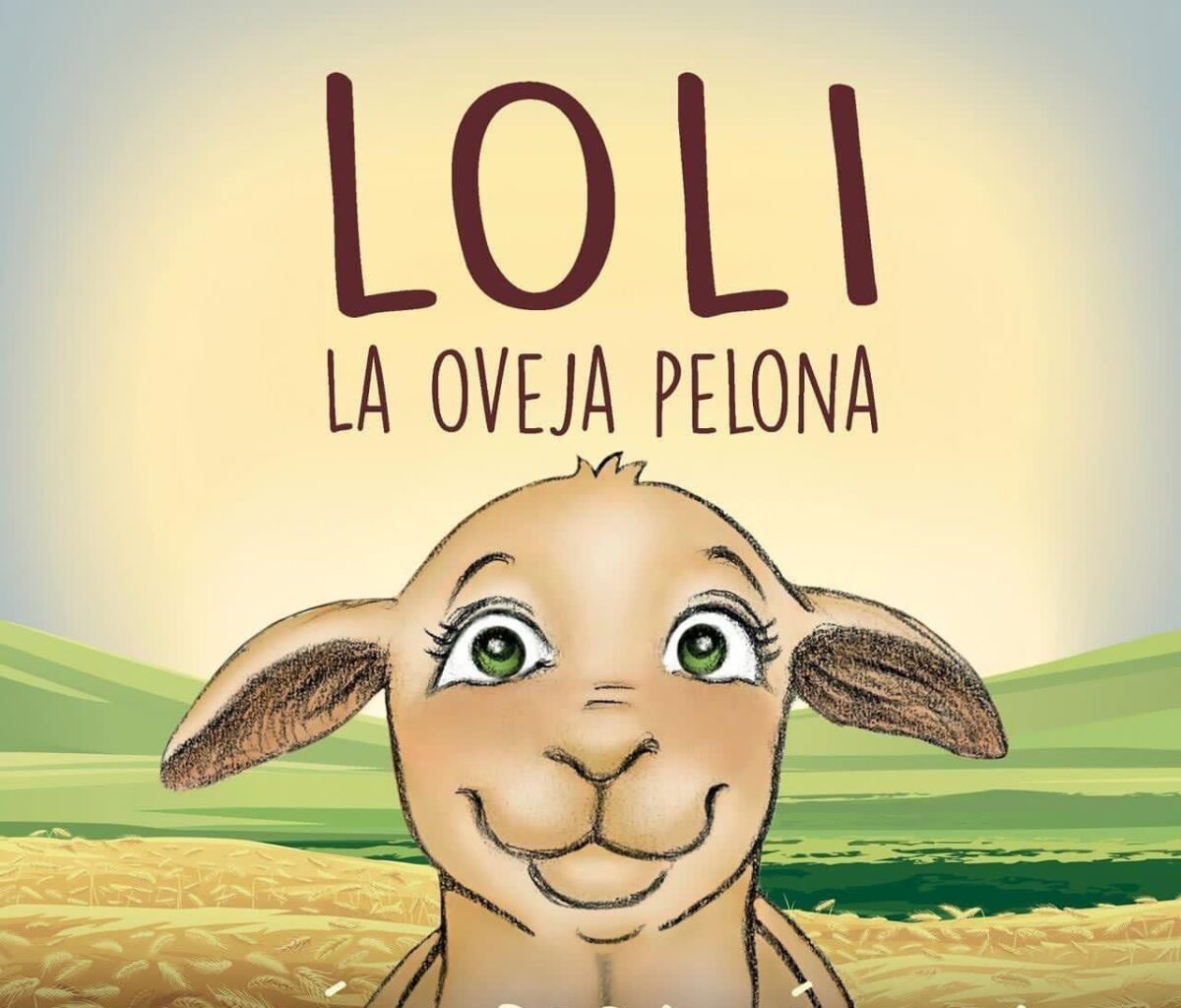
Ileana Hieber Hernández is a Pedagogue from Universidad Anáhuac México Norte, she holds a Diploma in Inclusion of People with Disabilities from Universidad Anáhuac, and a Master’s in Integration of People with Disabilities, Quality of Life, from the Universidad de Salamanca, Spain.
How was Loli, the Bald Sheep, born?
Since I began studying pedagogy, I was clear that I would use education as a way to contribute towards fostering the inclusion of people with disabilities.
The story of Loli, the Bald Sheep, began when, after concluding my awareness conference on the inclusion of people with disabilities at the Attorney General’s Office, one of the attendees said to me: “I would love for you to conduct a sensitization session for my daughter’s school group, but these students are only ten years old.”
Upon hearing this, I realized that it was time to design a different type of presentation that would not be a theoretical conference, but rather a didactic material that would encourage children to learn about human values such as solidarity, justice, and tolerance. The concept of “Bald” in Mexico means “hairless”, that is, a sheep that cannot produce wool, and this would be Loli, the protagonist of this short story.
As I wrote the story, the first thing I asked myself was: Are human beings born with empathy towards people who have different characteristics, whether racial, disability-related, socioeconomic, etc.?
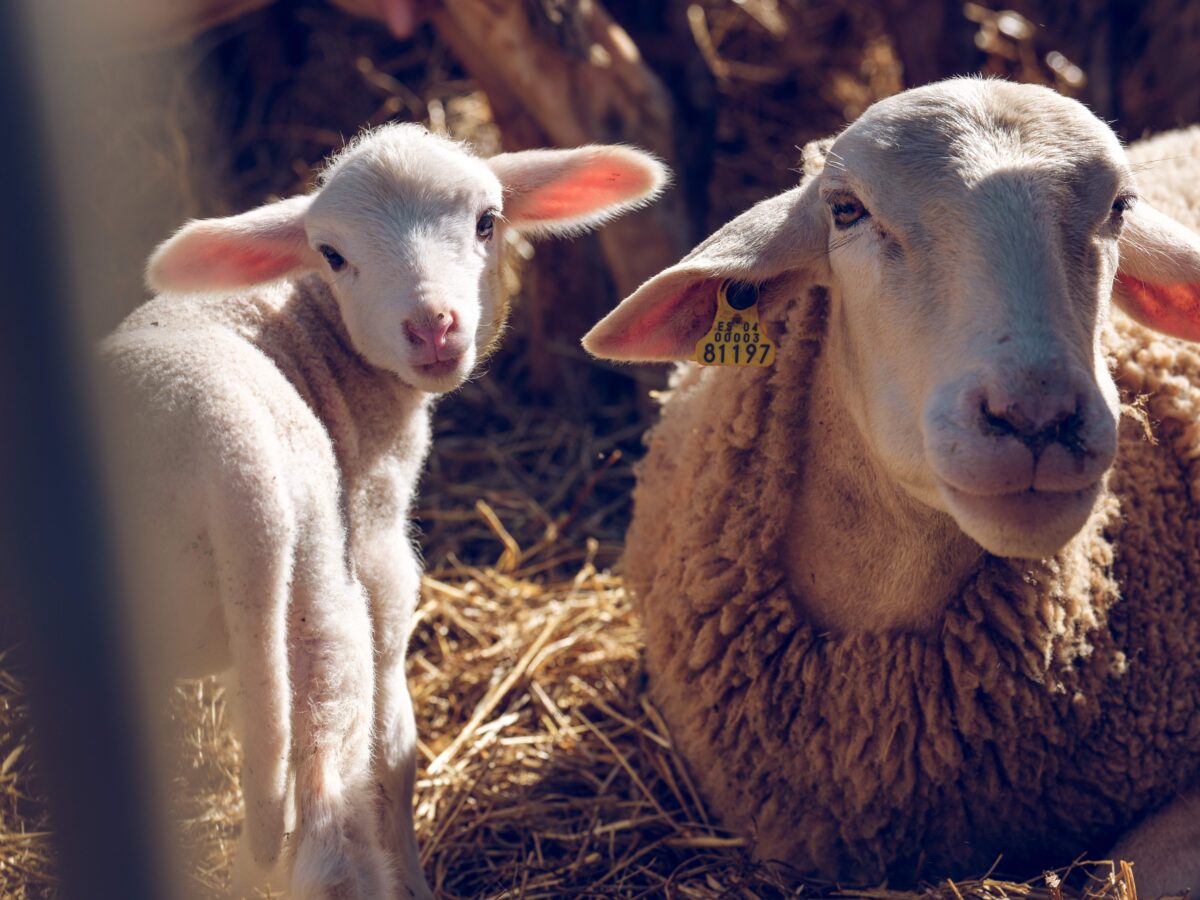
In my reflection, I analyzed Machiavelli, a diplomat, official, political philosopher, and Italian writer, who in his work “The Prince” (1531) states that “Man is inherently evil.” If we observe any human being, child, young person, or adult, we realize that we do not like inclusion naturally. The elementary school student who uses a walker is not waited for at the end of the class, a teenager with a disability usually struggles to find people for group work, and even with a bachelor’s or master’s degree that young individual is not fully integrated into company positions.
An inclusivity conscious society is formed from preschool stages, as inclusion does not arise naturally in an infant; there must be intentionality: intentionality on the part of the family, intentionality of the educational center, intentionality of those responsible for children’s leisure places.
A child does not naturally respond with solidarity, justice, and tolerance; they do not know how, and that is why the importance of continuous interdisciplinary education in values from early childhood to university stage.
If we question a list of antonyms for the word “inclusion,” the first word we think of is “discrimination,” and the danger is that this word leads most schools to school bullying.
Let's talk about Bullying
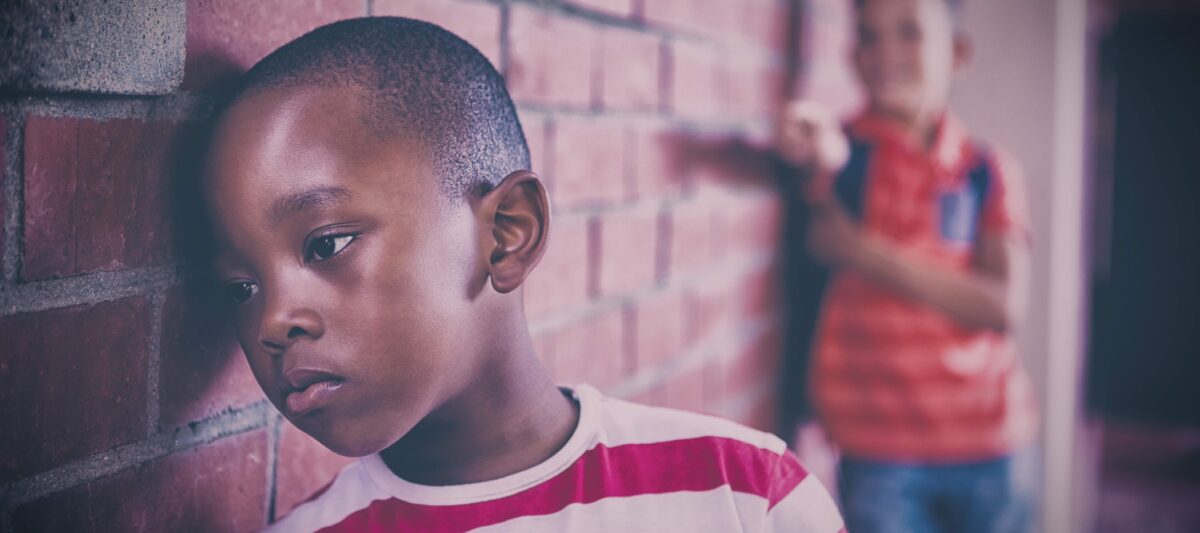
Until last year 2023, according to the non-Governmental organization Bullying Without Borders, it was confirmed that Mexico, the United States, and China are the three countries most affected by bullying.
According to Unicef (2024), bullying is defined as aggression to exert power over another person. It includes a series of hostile, physical, or verbal threats that are repeated, distressing the victim, and establishing an imbalance of power between them and their aggressor, which has worsened with social media.
The importance of education in inclusion
The relevance of materials like the video-story of Loli, The Bald Sheep, lies in the fact that from such stories, students aged 5 to 10 can question themselves: Is it right for the sheep in the flock to refuse to socialize with Loli because she doesn’t produce wool? Did they do well in teasing Loli for not having wool?
When we analyze the scene where Tomás the farmer makes a sweater for Loli so she can graze with the flock, the teacher can bring this fact to the classroom and ask the student: What can you do as an eight-year-old student so that Paula, your classmate who requires the use of a wheelchair, can play at recess with the rest of the children?
These are questions that teachers can use to prompt students about the inclusion of people with disabilities. At a social level, more didactic materials are needed to foster inclusive awareness from an early age through content that addresses human values.
Loli had to get covered in mud to be able to socialize with her flock. What can the flock do so that Loli can socialize with the other sheep without having to use mud? These are questions that can raise awareness in the student, starting from the teacher using the methodology of debate and reflection.
The problem of bullying begins with an attitude of intolerance, “you don’t have wool” so you shouldn’t be in our flock, this behavior increases and ends in exclusion, discrimination, and violence at the school level.
The best mechanism to combat this problem is to promote an inclusive environment, where differences are valued in each student from an early age and solidarity is encouraged with the motto of “any student can support another”; it is in this idea where the transcendence of an educator lies.
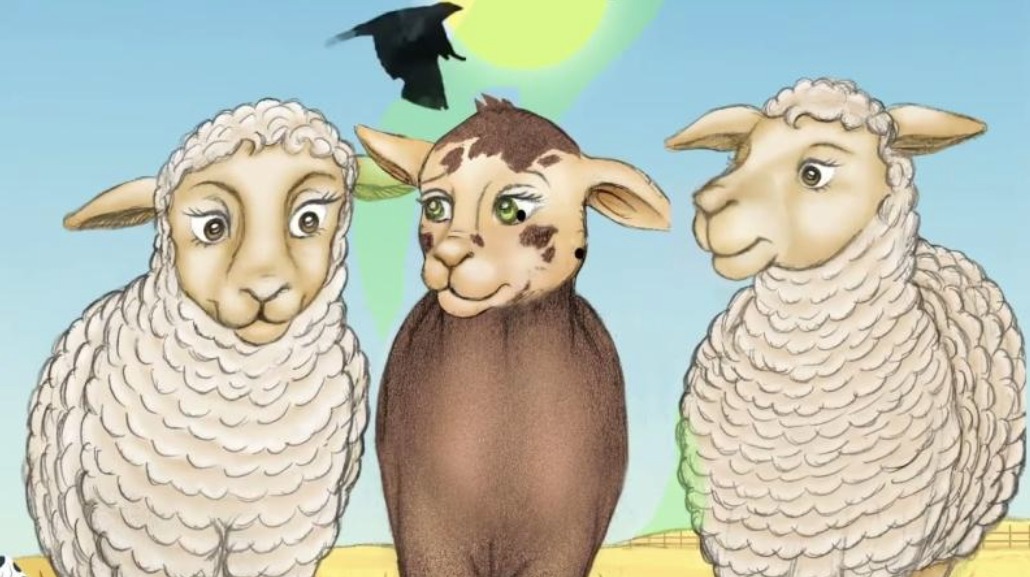
When can we say that we are in an inclusive country?
An inclusive space, whether it be work, school, or social, is one where all people have presence, participation, and success. In the story, we see that Loli fights to be able to graze with her flock until Tomás the farmer designs a sweater for her so she doesn’t get sunburned (this act represents the support that the system must offer to the person with disabilities to promote their full development).
Loli identified that one of her talents, a highly developed sense of smell, could contribute to the well-being of her flock. This is the educator’s task: to guide each student to discover their talents regardless of their circumstances and living conditions.
We will experience true inclusion when we no longer have to talk about inclusion, when no child, young person, or adult has to get muddy to be part of the educational, work, and social system.
We still have a long way to go, but if we want to continue advancing, it is important to know that for inclusion, we need a change of mind, but above all, a change of heart.
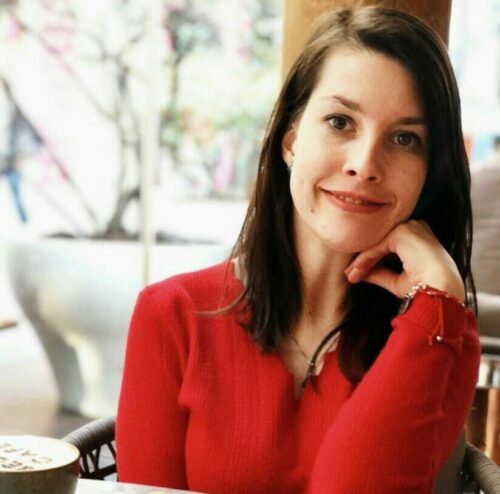
Ileana Hieber Hernández
Instagram: @ileana_hieber
Language: Spanish

